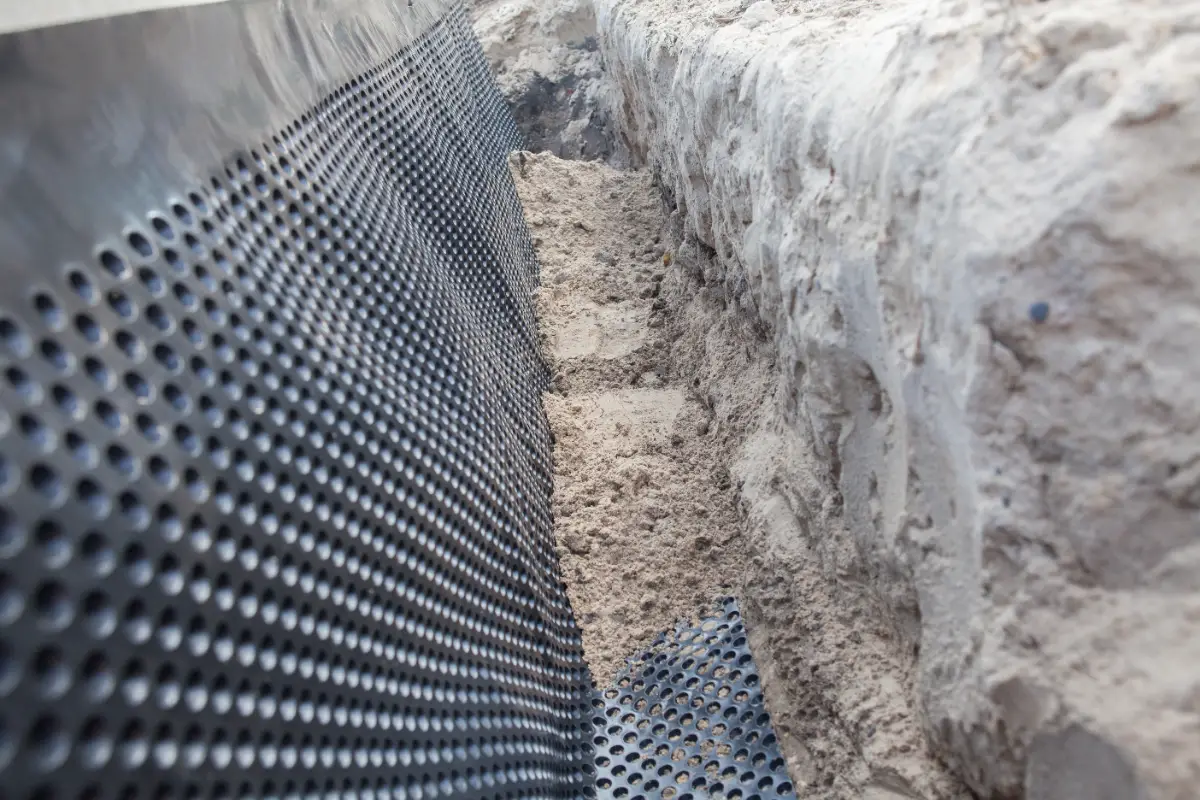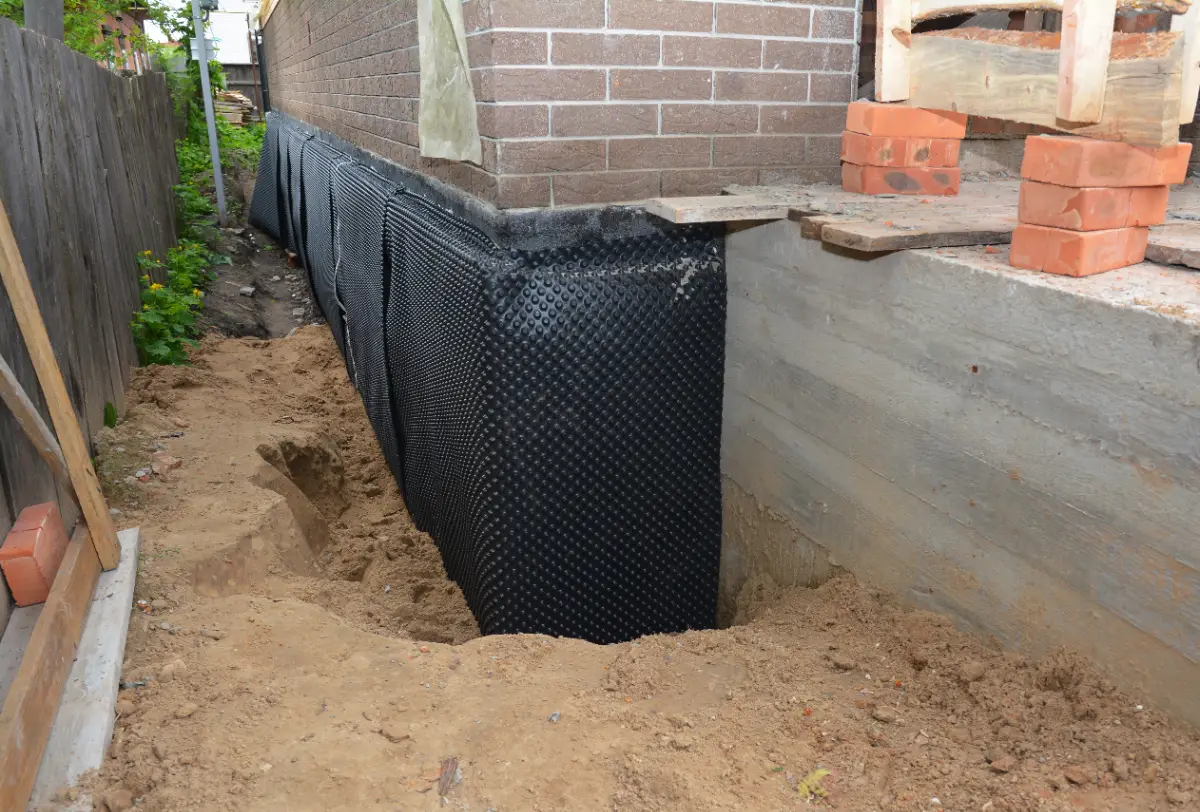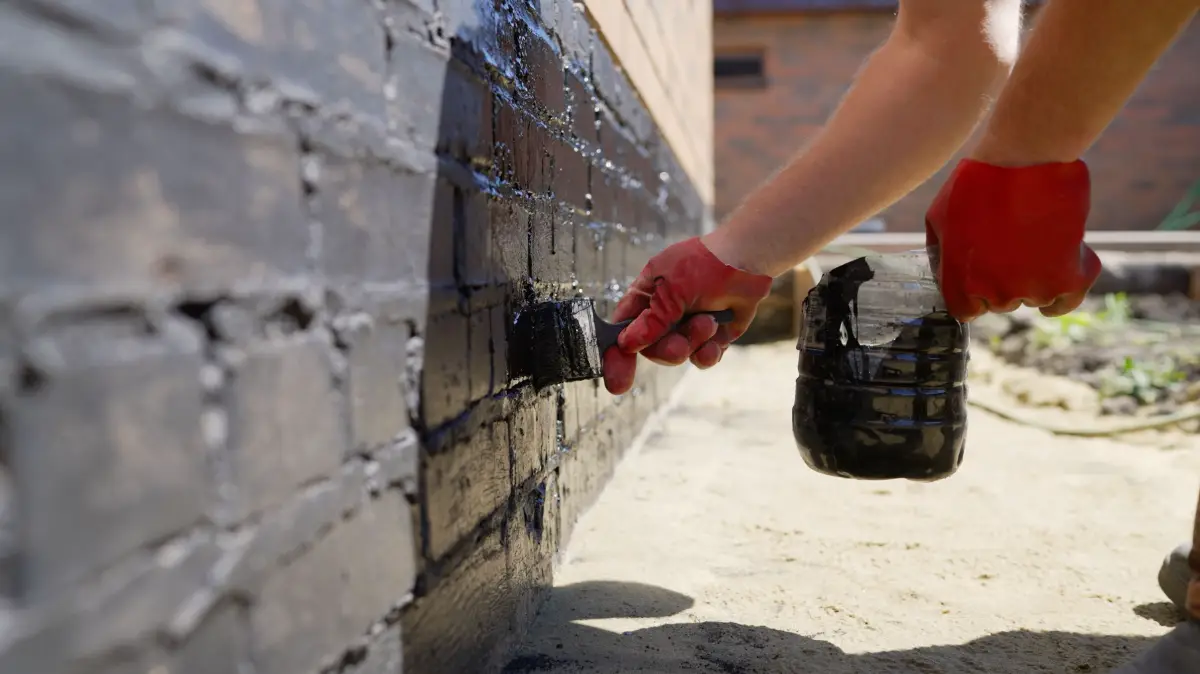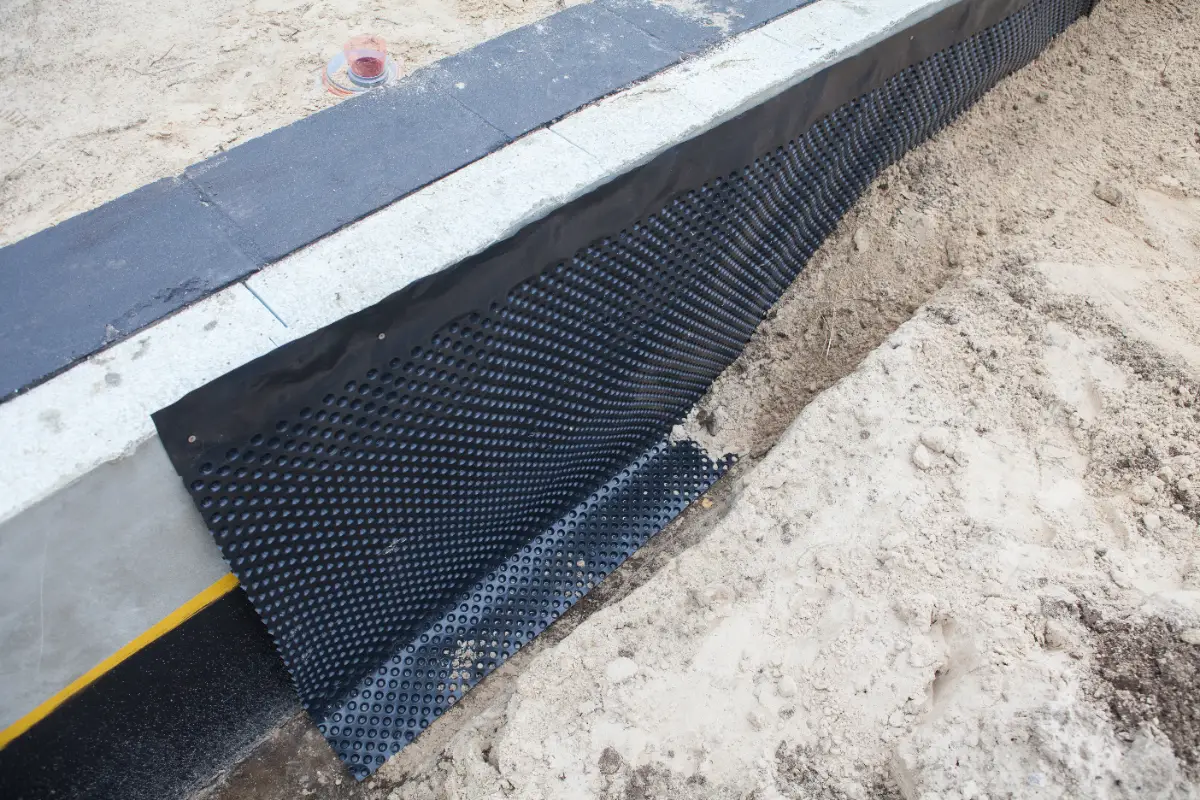Basement Waterproofing in Cold Spring Harbor, NY
Stop Water Before It Stops You
Protect your home investment with proven waterproofing solutions that actually work long-term.

Hear About Us

Cold Spring Harbor Waterproofing Services
You’ll walk downstairs without that sinking feeling in your stomach. No more rushing to move boxes when rain’s in the forecast. No more wondering if that musty smell is getting worse.
Your basement becomes the space you actually planned for—storage that stays dry, a workshop that works, or just peace of mind knowing your foundation is protected. You stop playing defense against water and start using your space the way you want.
When Long Island’s next big storm hits, you’ll be the neighbor who isn’t stressed about what’s happening downstairs. That’s what proper basement waterproofing does—it gives you back control of your own home.
Cold Spring Harbor Waterproofing Company
Diamond Masonry & Waterproofing LLC combines two critical specialties that most companies handle separately. We understand both the masonry work that creates the foundation and the waterproofing systems that protect it.
This isn’t our side business or something we picked up last year. We’ve been solving water problems for Cold Spring Harbor homeowners who’ve tried other approaches and still ended up with wet basements.
You’re dealing with Long Island’s unique challenges—high water tables, seasonal flooding, and older foundations that weren’t built with today’s waterproofing standards. We work in this area because we know exactly what causes water problems here and how to fix them permanently.

Basement Waterproofing Process Cold Spring Harbor
We start with a real assessment of your basement—not a sales pitch disguised as an inspection. We’ll identify where water is coming from, why your current situation isn’t working, and what needs to happen to fix it for good.
Next comes the actual waterproofing work. This might mean interior basement waterproofing with drainage systems and sump pumps, exterior waterproofing to stop water before it reaches your foundation, or both. We use professional-grade basement sealers and waterproofing materials that are designed for Long Island conditions.
The final step is making sure everything works exactly as planned. We test the system, walk you through what we’ve done, and explain how to maintain your newly dry basement. You’ll know exactly what to expect and how to keep your basement waterproofing working for years to come.

Ready to get started?
Explore More Services
About Diamond Masonry & Waterproofing
Get a Free Consultation
Basement Waterproofing Services Cold Spring Harbor
You get both interior and exterior basement waterproofing options, depending on what your specific situation requires. Interior systems handle water that’s already found its way to your foundation walls. Exterior waterproofing stops it before it becomes a problem.
Our basement sealing process uses commercial-grade materials that actually bond with your foundation walls—not the stuff you can pick up at the hardware store. We’re talking about waterproofing systems designed to handle Long Island’s wet seasons and high water table.
Every basement waterproofing project includes a thorough evaluation of your foundation’s condition. Sometimes water problems are actually masonry problems in disguise. When that’s the case, we handle both the structural repairs and the waterproofing work so you get a complete solution from one company.

How long does basement waterproofing last in Cold Spring Harbor?
What's the difference between interior and exterior basement waterproofing?
How much does basement waterproofing cost in Cold Spring Harbor?
Can you waterproof a basement from the inside only?
What causes basement water problems in Cold Spring Harbor specifically?
How do I know if I need basement waterproofing or just better drainage?
Local Resources
- Google Map Link
- Find the Cold Spring Harbor, NY USPS
- Locate Nearby Cold Spring Harbor, NY Pharmacies
- View the Current Weather in Cold Spring Harbor, NY
- Cold Spring Harbor, NY is located in Suffolk county in New York State